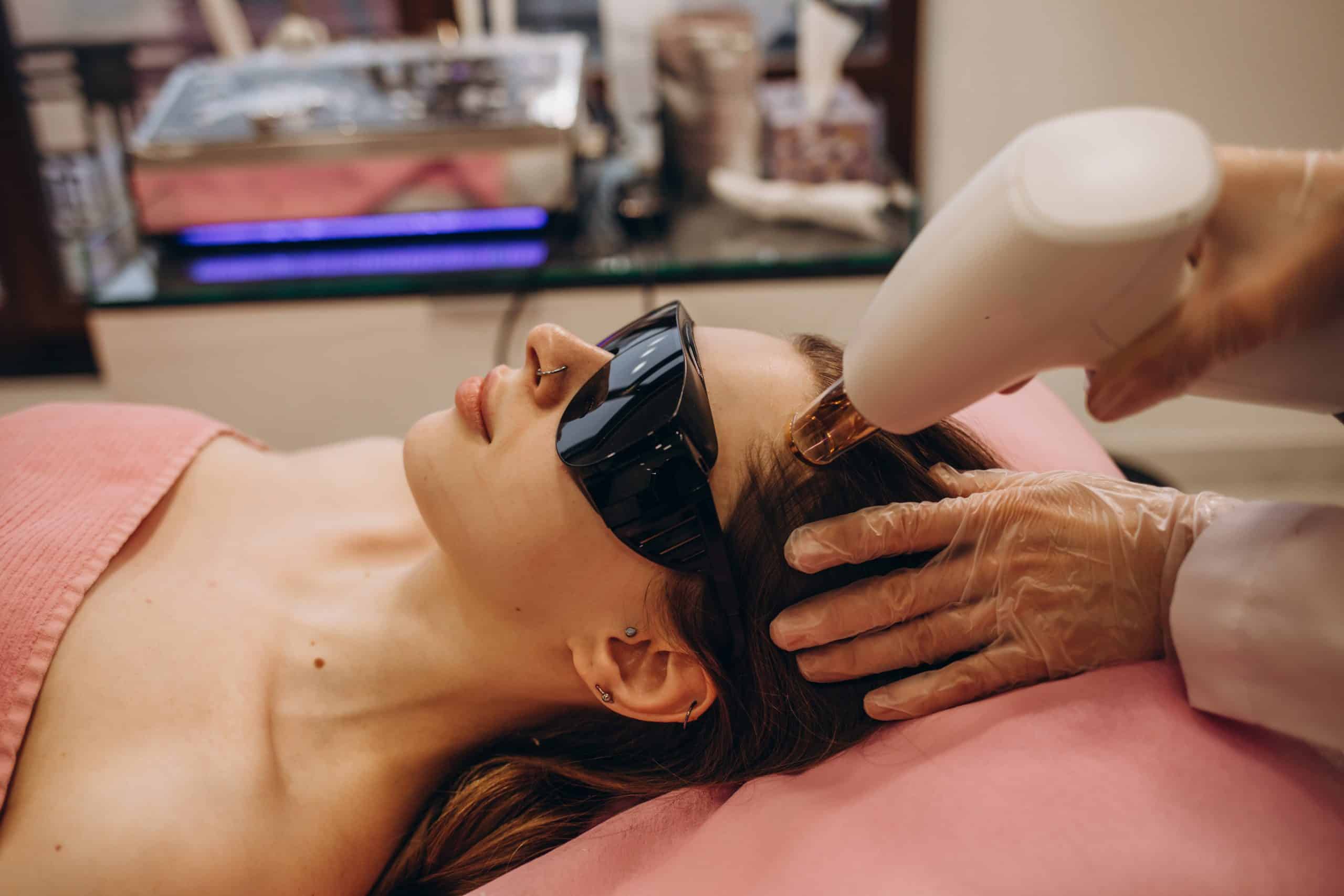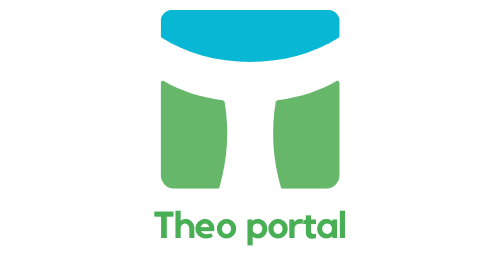How Can Non-Invasive Brain Stimulation Aid Focus in Competitive Chess Players?

In the realm of cognitive enhancement, an emerging tool known as transcranial direct current stimulation (tDCS) is gaining popularity. This non-invasive brain stimulation technique has been shown to improve cognitive performance in several domains, including attention, memory, and problem-solving. But can this technology be applied to enhance focus in competitive chess players? This article explores this question by delving into the science behind tDCS, the research that has been conducted so far, and the potential implications for brain health and cognitive training.
Understanding the Science Behind tDCS
Before discussing the effects of tDCS on chess players, you need to have a grasp of what this technology entails. tDCS is a form of neuromodulation that uses constant, low current delivered to the brain area of interest via electrodes on the scalp. The technique is believed to alter neuronal activity, thereby influencing brain function and behavior.
A lire aussi : What’s the Effect of Altitude Training on Red Blood Cell Production for Endurance Cyclists?
Studies from reputable institutions – think Google Scholar, PubMed, and Crossref – have shown that tDCS can modulate neuronal activity in a polarity-dependent manner. Anodal stimulation (positive electrode) typically increases cortical excitability, while cathodal stimulation (negative electrode) decreases it. This modulation of brain activity can have significant effects on cognitive functions, including attention, problem-solving, and memory.
In this context, the potential of tDCS to enhance cognitive performance in chess players becomes apparent. By strategically modulating brain activity, one might be able to improve the cognitive skills critical to chess, such as attention, decision-making, and strategic thinking.
Lire également : How Can Amino Acid Supplements Impact Muscle Recovery in CrossFit Athletes?
The Research on tDCS and Cognitive Performance
To date, several studies have investigated the role of tDCS in cognitive enhancement. Many of these studies have been conducted at prestigious universities and colleges, with findings published on platforms such as PMC and Crossref.
One study, for instance, found that tDCS applied to the dorsolateral prefrontal cortex (DLPFC) – an area of the brain involved in executive functions – improved working memory performance. Another study suggested that tDCS could enhance mathematical abilities, a skill crucial for strategic decision-making in chess.
Therefore, it’s not a big leap to hypothesize that tDCS could also enhance cognitive performance in chess players. However, empirical research in this specific context remains sparse, warranting further investigation.
tDCS in Chess: A Case Study
Despite the limited research in this area, some studies have begun to explore the potential benefits of tDCS for chess performance. A groundbreaking study conducted at the University of Oxford investigated the effects of tDCS on chess problem-solving skills.
In this study, participants received either real or sham (placebo) tDCS while they solved complex chess problems. The results showed that the group receiving real tDCS solved the problems significantly faster than the group receiving sham stimulation. These findings suggest that tDCS might enhance cognitive performance in chess players by improving their problem-solving skills.
Implications for Brain Health and Cognitive Training
Apart from the potential performance benefits, tDCS might also have implications for brain health and cognitive training. Some studies suggest that tDCS could promote neuroplasticity, the brain’s ability to reorganize itself by forming new neural connections. This could potentially aid in cognitive training, allowing chess players to learn and adapt their strategies more efficiently.
Furthermore, tDCS might have potential benefits for brain health. Some evidence suggests that tDCS could have neuroprotective effects, potentially mitigating the risks of neurological disorders. While more research is needed, these potential health benefits could make tDCS an attractive tool for cognitive enhancement in chess players.
Bridging the Gap: Future Directions
While the initial findings are promising, there’s still a long way to go. More research is needed to fully understand the effects of tDCS on cognitive performance in chess players. Future studies should aim to identify the optimal parameters for stimulation – including current intensity, stimulation duration, and electrode placement – in order to maximize the potential benefits.
Moreover, researchers should also consider investigating the long-term effects of tDCS. Are the benefits sustained over time, or do they diminish once the stimulation is stopped? What are the potential side-effects, if any? Answering these questions will be crucial in determining the feasibility and safety of tDCS as a cognitive enhancement tool for chess players.
In the meantime, competitive chess players interested in trying out this technology should proceed with caution. Consult a healthcare professional or a neuromodulation expert before starting any form of brain stimulation. Remember, while the pursuit of peak cognitive performance is important, your brain health should always come first.
Exploring the Potentials of tDCS in Mental Health and Cognitive Enhancement
As we delve deeper into the science of tDCS and mental health, it becomes clear that the potentials of this innovative technology go beyond the realm of cognitive enhancement alone. Preliminary research published on PMC Free, Google Scholar, and Crossref Google shows promising evidence that transcranial direct current stimulation could have significant implications for mental health and brain training.
Among the potential benefits of tDCS, researchers have pointed to the potential for promoting neuroplasticity, the brain’s ability to create new neural connections. This phenomenon underpins our capacity to learn, adapt, and recover from brain injuries. In the context of chess, neuroplasticity facilitates players’ ability to develop and adapt their strategies, thereby enhancing their performance.
Studies have also suggested that tDCS could have neuroprotective effects. One theory is that the brain stimulation could mitigate the risks of neurological disorders by enhancing neuronal resilience. This could be particularly beneficial for older chess players or those at risk of cognitive decline.
While the research on tDCS in mental health and cognitive enhancement is still burgeoning, the initial findings are encouraging. More detailed investigations and randomized controlled trials are needed to confirm these benefits, and to explore potential side effects and ethical considerations. However, these findings do suggest that tDCS could be a powerful tool for cognitive enhancement and mental health in chess players and beyond.
Conclusion: The Future of tDCS in Competitive Chess and Beyond
The research into the potential benefits of tDCS for cognitive enhancement and mental health is still in its early stages, but the initial findings are promising. Evidence from reputable sources like PubMed Crossref and Google Scholar suggest that brain stimulation could improve attention, working memory, problem-solving, and other cognitive abilities crucial for high-level chess performance.
More importantly, these potential benefits extend beyond the chessboard. From promoting neuroplasticity to possibly mitigating neurological disorders, tDCS could have far-reaching implications for brain health and cognitive training.
Nevertheless, caution is necessary. We are still far from fully understanding the complex effects of transcranial direct current stimulation on the brain. More research is needed to identify the optimal parameters for stimulation, to investigate the long-term effects and potential side-effects, and to assess the ethical implications of this technology.
In conclusion, while tDCS presents an exciting avenue for performance enhancement and cognitive training in chess and other domains, its use should always be under the guidance of healthcare professionals or neuromodulation experts. Above all, the pursuit of cognitive enhancement should never compromise mental health and well-being. As the saying goes, "Your brain health should always come first."
